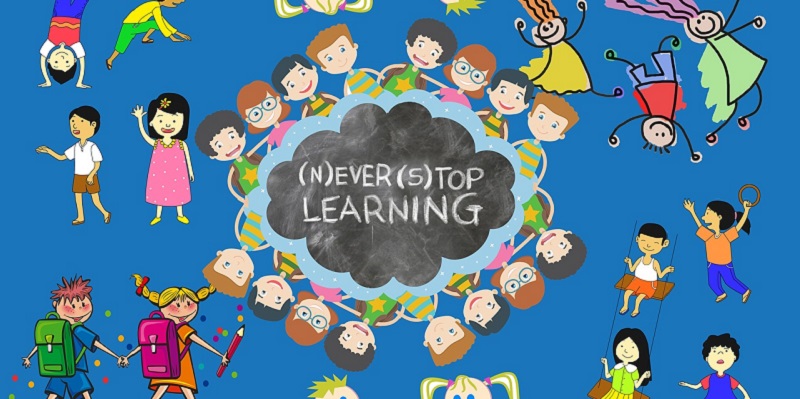
“When a measure becomes a target, it ceases to be a good measure.” Goodhart’s LawThe traditional grading system relies on the grades that students get on each assessment method. These include quizzes, projects, and long tests. All assessments are graded, recorded and students pass or fail each assessment based on a percentage system. This poses a problem because the grades of the students no longer provide an accurate representation of how much they have learned from class. On the other ha...
SUBMIT REVIEW
Please email us: editor.rajagirimedia@gmail.com